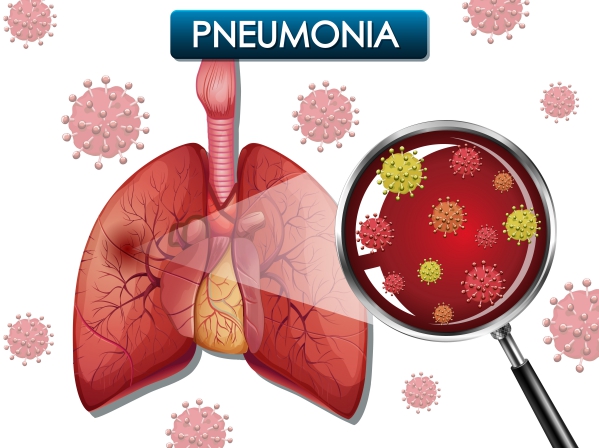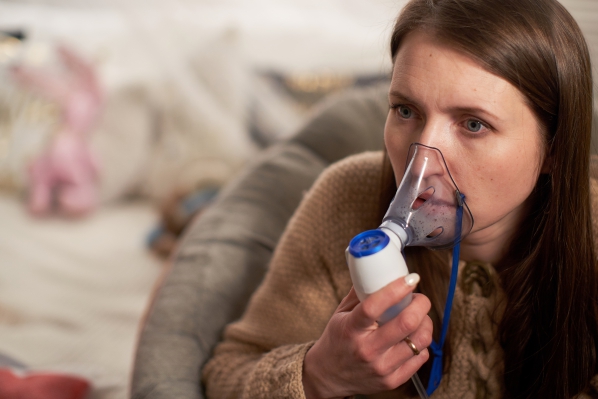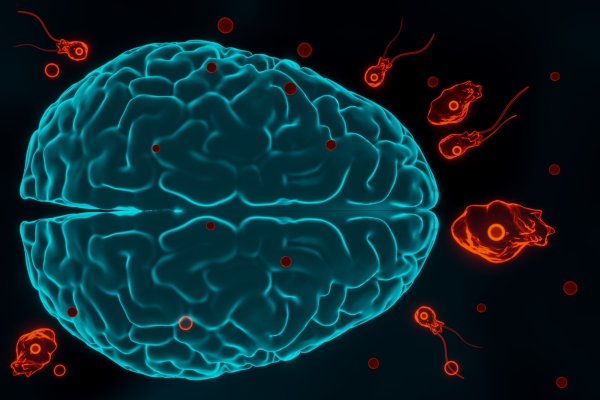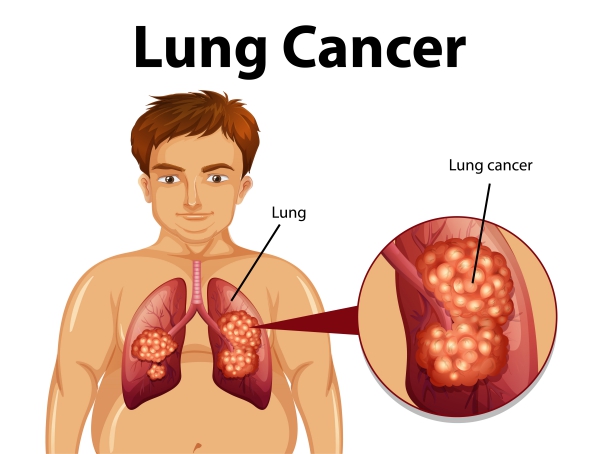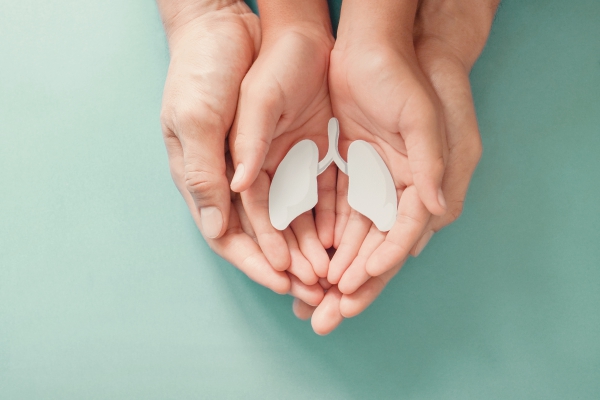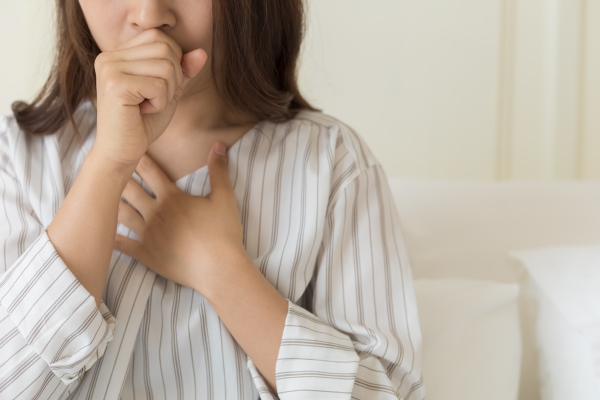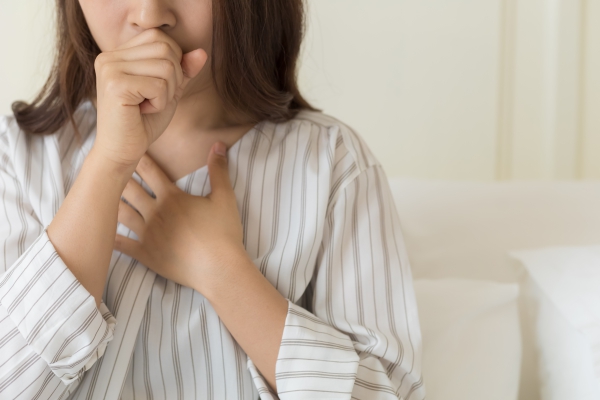Pneumonia, Lung infection, Respiratory disorder, Hospital Acquired pneumonia
Description : Pneumonia is an infection that causes inflammation of the air sacs in 1 or both lungs resulting in
Article Details :
What is pneumonia?
Pneumonia is an infection that causes inflammation of the air sacs in 1 or both lungs resulting in fluid or pus accumulation inside the sacs. This can lead to symptoms such as cough with phlegm, fever, chills and difficulty breathing. Bacteria, viruses and fungi can cause pneumonia. In addition, pneumonia can be a life-threatening condition especially in infants, young children and people aged above 65. Furthermore, people with heart problems or a weakened immune system are at increased risk of developing it. There are more than 3 million cases of pneumonia in the United States yearly and occurs more frequently during the winter season.
What causes pneumonia?
The most common germs causing pneumonia are bacteria and viruses. It can be classified according to the type of pathogen causing it or where the infection was acquired.
Community-acquired pneumonia (CAP)
This is usually the most common type of pneumonia which occurs in the community, outside of hospitals or other healthcare facilities. This may be due to:
- Viruses: Viral pneumonia is usually mild and occurs more frequently in children under the age of 5. In addition, the viruses that are responsible for cold or flu can cause pneumonia. The most common viruses causing pneumonia are influenza, parainfluenza, adenovirus, human respiratory syncytial virus and human metapneumovirus.
- Bacteria: Streptococcus pneumoniae is the most common cause for bacterial pneumonia in the United States. This type of pneumonia can affect 1, both or part of your lung which is also known as lobar pneumonia.
- Bacteria-like organism: Mycoplasma pneumoniae is an ‘atypical’ bacteria that can cause pneumonia. It is a milder form of pneumonia and is also known as ‘walking’ pneumonia.
- Fungi: People with weakened immune system or chronic health problem are at increased risk of getting infected by a fungi, resulting in pneumonia. These fungi are usually found in the soil or bird dropping.
Hospital-acquired pneumonia (HAP)
The term HAP is used when the person has contracted the disease during a stay at the hospital or other healthcare facilities. This type of pneumonia is more dangerous than CAP because the pathogen can be resistant to certain antibiotics and the affected people are usually already sick and weak. Consequently, stronger antibiotics are used which are associated with more side effects. People on ventilators or breathing machines are at increased risk of getting HAP.
Healthcare pneumonia
Healthcare pneumonia is caused by a bacteria in people who receive care in outpatient clinic, including kidney dialysis centers or those who live in long-term care facilities. The bacteria are often more resistant to certain antibiotic.
Aspiration pneumonia
This occurs when vomit, saliva, drink or food get into your lungs. It is common in people who has brain surgery, swallowing problems or excessive alcohol consumption.
What are the risk factors of pneumonia?
There are many factors which can increase your risk of developing pneumonia and these include:
- A weakened immune system either due to any disease or medications such as steroids or drugs used in cancer treatment.
- People below the age of 2 and above the age of 65.
- A recent flu or cold.
- Medical conditions such as cystic fibrosis, asthma, heart failure or diabetes.
- Recent hospitalisation especially if you were on ventilator.
- Being exposed to lung irritants such as chemical, fumes or pollution.
- People affected by stroke often have swallowing difficulties or are immobilised.
- Excess alcohol consumption.
- Cigarette smoking
Signs and symptoms of pneumonia
The signs and symptoms of pneumonia include:
- Cough which may be accompanied by phlegm
- Chest pain during breathing or coughing
- Confusion
- Fatigue
- Fever
- Sweating
- Shaking chills
- Nausea and vomiting
- Diarrhoea
- Shortness of breath
- Loss of appetite
- headaches
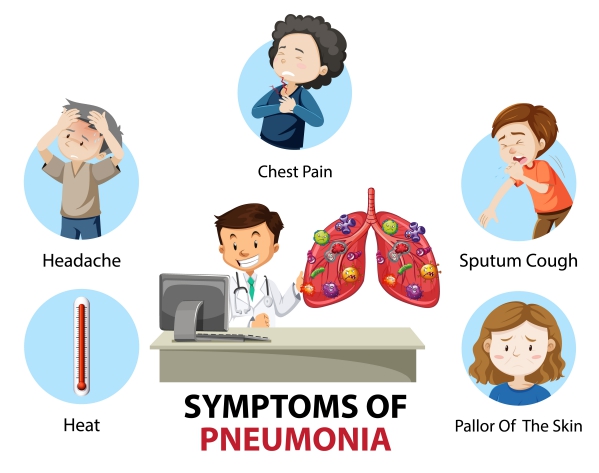
Making a diagnosis
The diagnosis of pneumonia starts by taking a history, during which your doctor will ask you questions about your symptoms. After the history taking, a physical examination is performed by your doctor where he/she will auscultate your lung fields using a stethoscope to look for abnormal lung sounds and other signs of pneumonia. Depending on the severity of your symptoms, the following tests can be performed:
- Chest x-ray: this is to look for and locate inflammation inside your lungs.
- Sputum culture: a sample of mucus is taken after it has been coughed out and sent to the laboratory for analysis. This is to identify the cause of the infection.
- Blood culture: Read more

